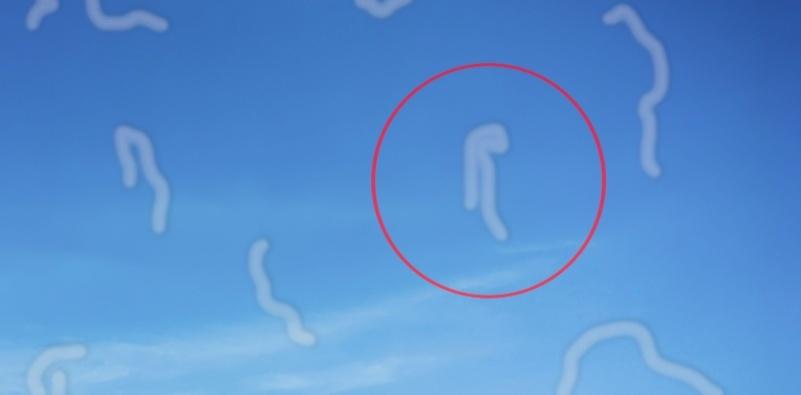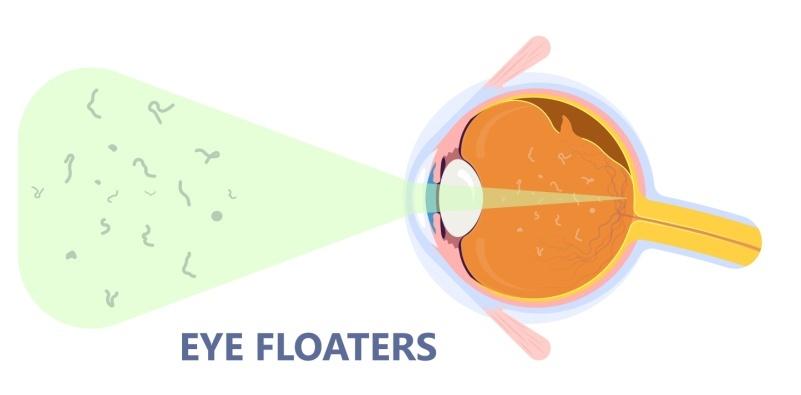Seeing that subtle, wisp-like line crawl across your field of vision? Maybe not everyone has encountered them, but most adults, especially as they age, experience eye floaters. In this comprehensive guide, we’ll cover exactly what eye floaters are, what causes them to appear, and when you may need to seek professional advice.
What Are Eye Floaters?

Floaters are tiny spots, specks, or webs that drift about in your field of vision. They are particularly noticeable when you gaze at a bright, featureless background, such as the sky or a blank computer screen. These ‘floaters’ don’t exist outside your eye but are instead shadows of cells or debris inside the vitreous — the gel-like substance that fills the eyeball.
You are most likely to experience floaters if you:
- Are nearsighted
- Have had cataract surgery
- Have experienced swelling inside the eye
What Causes Eye Floaters?

The vitreous is a clear, gel-like substance that fills the space in the middle of the eye, providing the eyeball’s shape. As we age, the vitreous begins to shrink, clump, and get stringy. The shadows they cast — thanks to the light entering your eyes — are what you recognize as floaters.
Understanding why and how floaters appear can put you at ease and also enlighten you about the natural processes of eye aging. They are usually nothing to worry about, however, they may indicate more severe conditions such as retinal detachment, diabetic retinopathy, infection, inflammation, or hemorrhaging.
When To See An Eye Doctor About Floaters
Most floaters require no urgent medical attention, but you should keep an eye on your floaters, so to speak. If you notice a sudden increase in floaters, start seeing flashes of light, or if your floaters are followed or accompanied by loss of peripheral vision, you should contact us immediately to get examined.
How Are Floaters Treated?

If you’re asking the question, ‘How do you get rid of floaters in your eyes?’ the good news is that most floaters do not require any intervention and most people adapt to seeing floaters. If, however, floaters significantly interfere with vision or daily activities, they can be treated with the following two methods:
- Vitrectomy Surgery: This is a procedure to remove the vitreous that contains the floaters and replace it with a solution to help your eye maintain its shape. It’s important to note that this may not remove all the floaters, and new floaters can develop after surgery.
- Laser Treatment: Known as laser vitreolysis, this is a less invasive procedure where a special laser is used to break up the floaters and make them less noticeable. The fragments are then reabsorbed into the vitreous or generally become less bothersome.
We only advise undergoing these treatments if floaters are really impacting your quality of life.
Contact Us
Eye floaters are usually harmless, but if you do notice a sudden onset of new floaters, please call us or visit one of our eye doctors in Quincy, IL, to rule out any serious underlying conditions.
